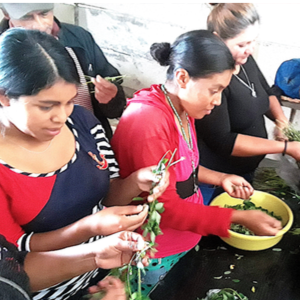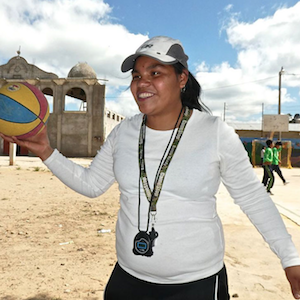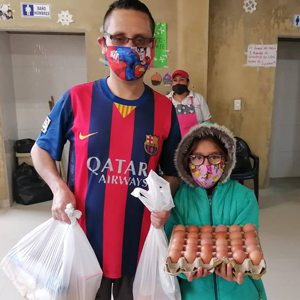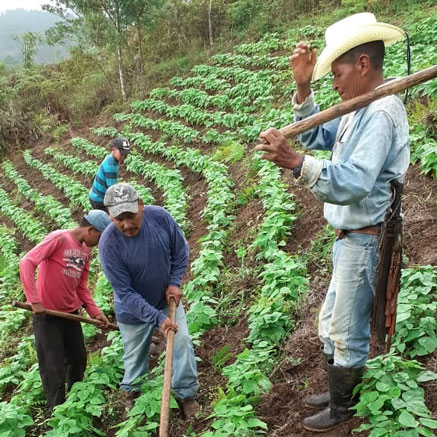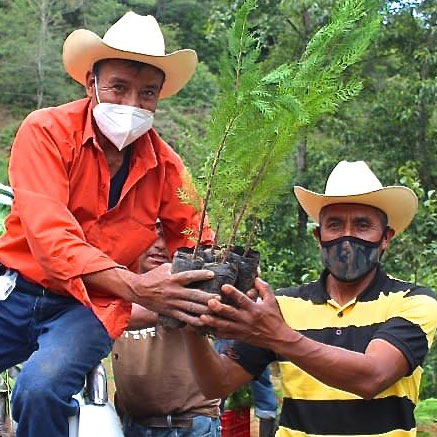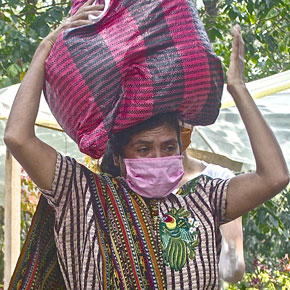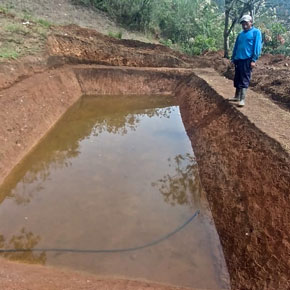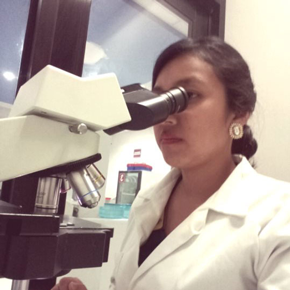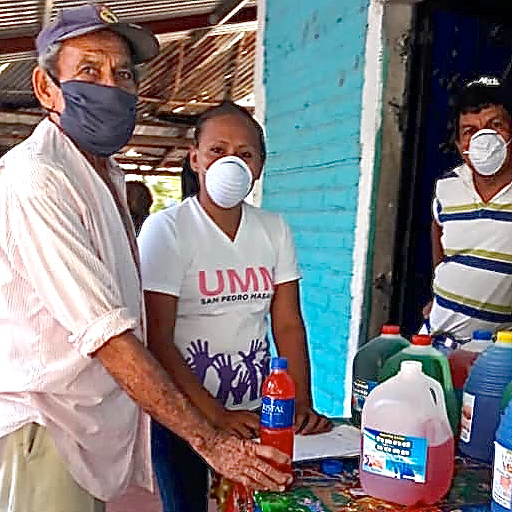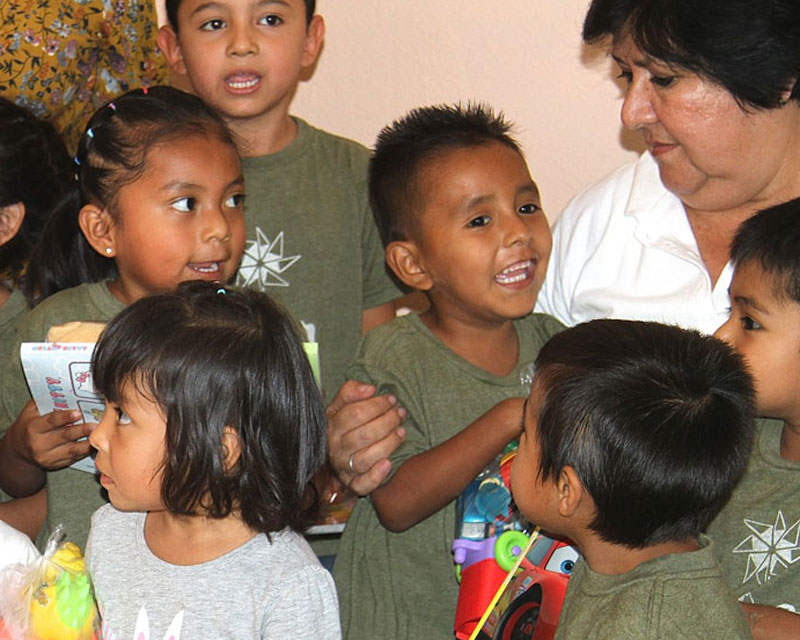2020 Annual Report: Nutritious Food For Families
La Semilla del Progreso in Honduras began an agro-salud program (agriculturally-based health education) for groups of women in 3 communities. Activities are emphasizing nutrition education and home gardens and there are 50 families participating. The cooking classes use the nutritious food the women are growing, with food preparation safety and family hygiene included.
Goals For Kids
At the end of the school year (November in Guatemala), they celebrated a field day with soccer, fun competitions, a picnic and motivational talks. Enjoy the video!
Creciendo Juntos Distributes to 130 Families
Soacha is a very poor community outside Bogotá, Colombia, where people fleeing violence have settled. Most residents depend on day labor, and without work, there is not food for the family. Creciendo Juntos, EPIC’s partner in Colombia, has now been able to do its 5th food distribution for 130 families. $12 provides food to feed a family of 5-6 members for a week!
EPIC’s 43rd Annual General Meeting – August 1st, 2020
Join us for the EPIC’s 43rd Annual General Meeting on August 1st, 2020. We will be gathering on Zoom at 9:00 am (Mountain Time). We are excited to share inspiring stories from the projects and our hopes for the coming year.
Reforestation Work Continues in Guatemala
EPIC's reforestation work continues in spite of COVID! During June the Baja Verapaz program distributed 12,000 trees for reforestation in 15 communities.
COVID-19: May Updates
EPIC’s agricultural programs are working in water conservation and soil preparation during social distancing. Participants of La Semilla in Honduras captured water from 2 springs and constructed a large water reservoir in a region very prone to drought. No more than 5 persons dug at a time.
Water Conservation in Honduras
EPIC’s agricultural programs are working in water conservation and soil preparation during social distancing. Participants of La Semilla in Honduras captured water from 2 springs and constructed a large water reservoir in a region very prone to drought. No more than 5 persons dug at a time.
Celebrating 2020 International Women’s Day
To the women directing the programs receiving EPIC support - we congratulate you on International Woman's Day! Health Education for Youth in Honduras, Mujeres en Acción in Guatemala, Baja Verapaz Health Education in Guatemala, Goals for Kids in Guatemala, Huatecalco Preschool & Kindergarten in Mexico, La Buena Tierra in Mexico, Fundación Sergio Méndez Arceo in Mexico, Creciendo Juntos in Colombia
COVID-19: Updates
Dear EPIC supporters, This is a country by country report of what EPIC programs are doing in response to the CORONAVIRUS. Dear EPIC supporters, This is a country by country report of what EPIC programs are doing in response to the CORONAVIRUS. El Salvador: On March 28th, APRODEHNI staff, accompanying public health workers, began distribution of soap, alcohol gel, masks and information on the prevention of COVID-19. EPIC provided major support for these needed safety materials.
Huatecalco Preschool and Kindergarten – MEXICO
This new Preschool and Kindergarten in Huatecalco, Mexico, was been started by EPIC’s Mexican partner La Buena Tierra. La Buena Tierra’s director Elizabeth Marroquin and others of the school’s staff got acquainted with the town of Huatecalco in the state of Morelos as a result of the Mexican earthquake on Sept. 10, 2018.


